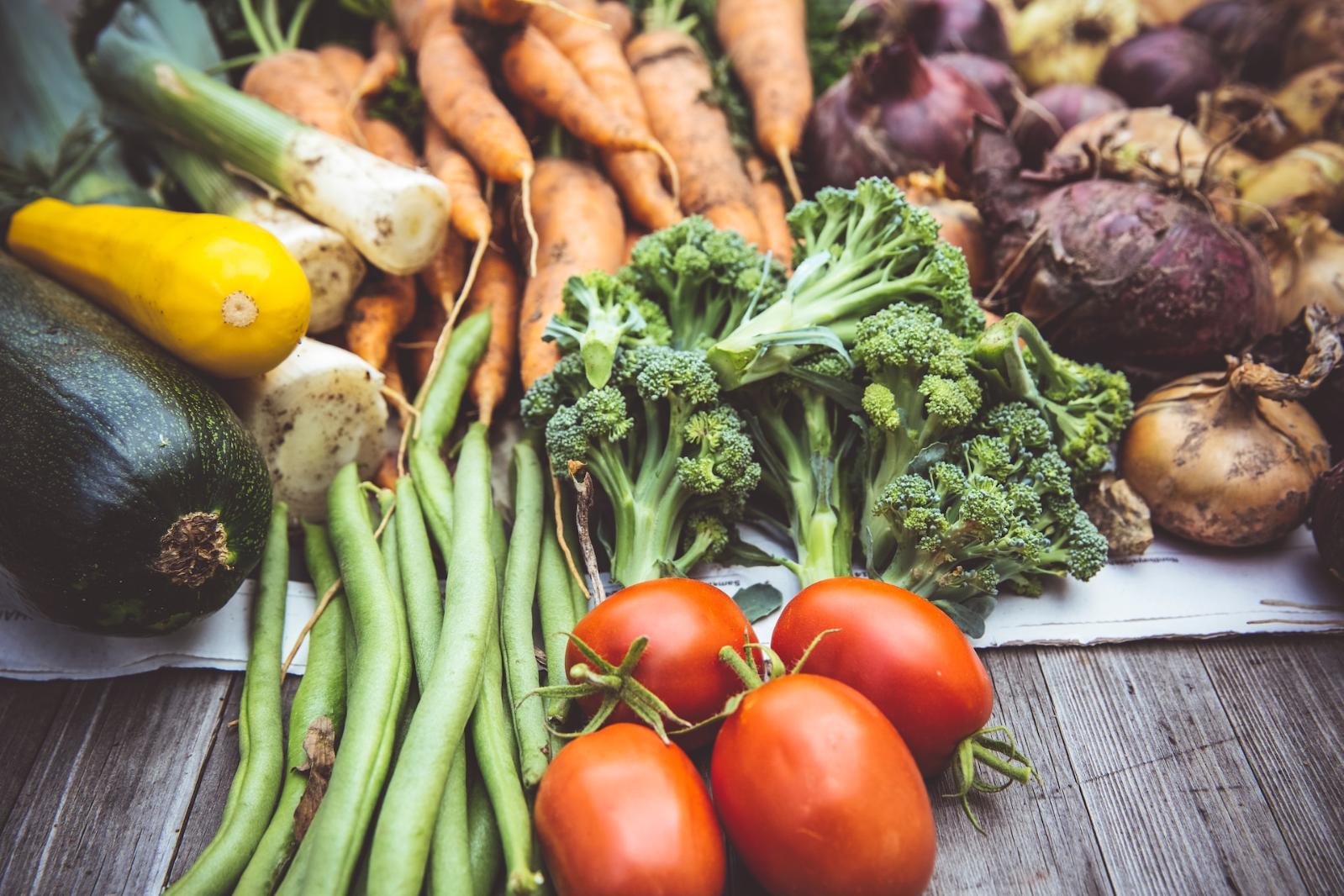IGFS research shows plant-based diet significantly reduces the risk of type two diabetes
A new population-based study led by Queen’s University Belfast has found that a substantial number of type two diabetes cases could be avoided through adopting a healthy plant-based diet.

The study, published in Diabetes & Metabolism, shows a high quality plant-based diet, characterised by a higher intake of fruits, vegetables and wholegrains, can significantly reduce the risk of developing type two diabetes compared to a plant-based diet high in snacks, desserts, refined grains and sugary beverages.
The research, led by Queen’s University Belfast observed 113,097 participants over a 12-year period. It found that a diet with plenty of fresh fruit and vegetables as well as wholegrains can reduce the risk of diabetes by 24 per cent even for those genetically predisposed to diabetes and those with other risk factors such as obesity.
Co-lead author, Professor Aedín Cassidy, from the Institute for Global Food Security at Queen’s, said:
“For the first time we have shown that improvements in both metabolism and the function of the liver and the kidney as a result of a healthy plant-based diet, may explain how this diet can reduce the risk of type two diabetes.”
Professor Tilman Kuhn, co-lead author from Queen’s University from the Institute for Global Food Security at Queen’s and Chair in Public Health Nutrition at University of Vienna, said:
“This is one of the first studies to try and identify how a healthful plant-based diet might reduce the risk. Our results suggest that such a diet exerts anti-diabetic effects via a range of mechanisms including blood sugar and lipid levels and lower body fatness. In contrast, obesity is a key mediator underlying greater type two diabetes risk among individuals following unhealthful plant-based diets.”
Queen’s University PhD candidate and first author of the story, Alysha Thompson, added:
“These data are really important, particularly for those thought to be at high risk of developing type two diabetes as it demonstrates they can greatly reduce their risk by following a healthy plant-based diet.”
Media
Media enquiries to suzanne.lagan@qub.ac.uk
